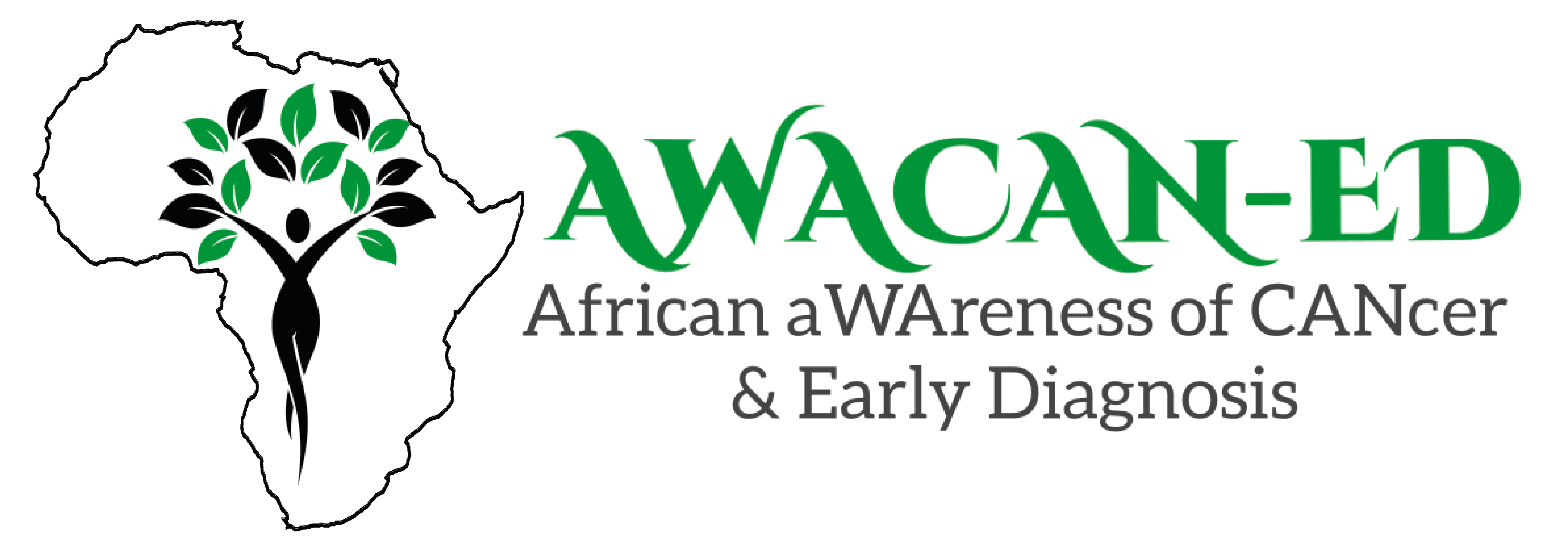Data Collection and Patient Recruitment Challenges: Reflections from fieldwork in South Africa
Another of our AWACAN-ED field site coordinators discusses some challenges faced while conducting the AWACAN-ED cross-sectional survey in South Africa.
The AWACAN-ED project focuses on the advancement of early diagnosis of Breast, Cervical and Colorectal Cancer in Southern Africa, the project aims to develop electronic tools to aid in the reduction of healthcare delays along the cancer pathway in South Africa and Zimbabwe We have been conducting a cross sectional survey and just over a year into the study we have reached our targets for Breast and Cervical Cancer participants in Cape Town! Reaching this milestone has been exciting but it came with its own context specific challenges that are worth noting for future researchers. In this piece I briefly reflect on challenges encountered in fieldwork in South Africa.

Data Collection Challenges
As a team of non-clinical social scientists the first challenge we faced was getting to grips with the terminology around the different cancers to enable a level of fluency in data collection. We have also found some difficulty in interpreting patient records, particularly the medical jargon associated with staging data. Similar experiences have been noted in resource-limited countries (Pirkle et al., 2012). Through various consultations with clinicians and in-house training we were able to better understand where to find data and how to accurately interpret clinical information.
Once in the field, we found it key to build good rapport with staff members. This has been important for overcoming challenges such as gaining access to patient medical records. Whilst good medical record keeping is understood to be an essential aspect in proving quality healthcare (Pirkle et al., 2012), we have found a lack of uniformity across records, where information is not always easily available on the patient medical records, as some data is not always recorded.
Patient recruitment challenges
We have found it easier to enrol participants diagnosed with breast cancer as compared to cervical and colorectal cancer. We encountered a high number of eligible breast cancer participants weekly. However, for cervical cancer, the number of eligible participants varied. Recruitment for colorectal cancer has been a particular challenge. With just under 80% of the participants recruited for colorectal cancer to date. We continue to encounter difficulties finding these patients.
Colorectal cancer in South Africa ranks as the 4th most common cancer in men and women (Brand, Gaylard & Ramos, 2018). Many patients delay seeking help due to a lack of awareness of the seriousness of their symptoms. Literature reports that patients with colorectal symptoms such as rectal bleeding and change in bowel habits delayed seeking medical care because they did not consider their condition as serious (Courtney et al, 2012).
At the colorectal oncology clinic in the tertiary hospital included in our study; we noticed that some patients who were eligible study participants were missing scheduled follow-up appointments. In some cases, they would return later when symptoms were presenting more aggressively and their treatment options were more limited.
This observation helps to drive our research on advancing early diagnosis, to enable patients to seek help at the right time. I look forward to seeing the results from our cross-sectional survey which will highlight where the delays are occurring along the cancer pathway. This will feed into the next stage of the project, where we hope the development of e-tools will have a significant impact on the timely presentation and diagnosis of cancer patients.
References
- Brand, M, Gaylard, P, & Ramos, J. (2018). Colorectal cancer in South Africa: An assessment of disease presentation, treatment pathways and 5-year survival. SAMJ: South African Medical Journal, 108(2), 118-122. https://dx.doi.org/10.7196/samj.2018.v108i2.12338
- Pirkle, CM, Dumont, A & Zunzunegui, MV (2012). Medical recordkeeping, essential but overlooked aspect of quality of care in resource-limited settings, International Journal for Quality in Health Care, 24 (6), 564–567, https://doi.org/10.1093/intqhc/mzs034
- Courtney, R. J., Paul, C. L., Sanson-Fisher, R. W., Macrae, F., Attia, J., & McEvoy, M. (2012). Current state of medical-advice-seeking behaviour for symptoms of colorectal cancer: determinants of failure and delay in medical consultation. Colorectal disease : the official journal of the Association of Coloproctology of Great Britain and Ireland, 14(5), e222–e229. https://doi.org/10.1111/j.1463-1318.2012.02881.x
 Bukeka is the field site coordinator based in Cape Town, South Africa. She has experience in working in HIV prevention research as well as Psychiatry and Mental health. She is currently pursuing a Master’s degree in Psychology at Stellenbosch University and her research interests are in social and behavioural sciences.
Bukeka is the field site coordinator based in Cape Town, South Africa. She has experience in working in HIV prevention research as well as Psychiatry and Mental health. She is currently pursuing a Master’s degree in Psychology at Stellenbosch University and her research interests are in social and behavioural sciences.

